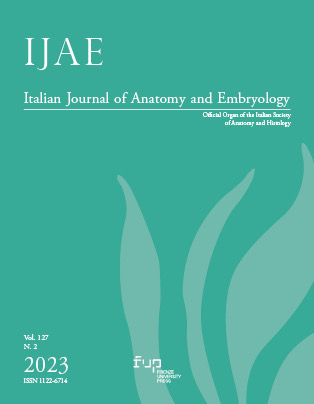Published 2023-12-31
Keywords
- Cardiovascular system,
- Diastolic function,
- Systolic function,
- Twin,
- Pregnancy
How to Cite
Copyright (c) 2023 Melissa Foglietta, Francesco D'Antonio, Sante Donato Pierdomenico, Elena Bacigalupi, Jacopo Pizzicannella

This work is licensed under a Creative Commons Attribution 4.0 International License.
Abstract
Twin pregnancy – with a prevalence nearly doubled in the last decades due to the use of assisted reproductive technology and the increasing age of conception – is associated with physiological cardiovascular adaptations to meet the hemodynamic demands of pregnancy. Compared to singleton pregnancies, increased and earlier in pregnancy risk of developing perinatal complications and maternal cardiac disease is demonstrated due to additional stress on the maternal cardiovascular system due to higher circulation volume. Knowledge on maternal adaptation in twin pregnancies are still lacking and often data derive from research studies on singleton pregnancy and including twins without differentiations. Only a few trials considered the impact of twin pregnancies on the maternal cardiovascular system and included echocardiographic evaluations showing how the changes in left ventricular geometry, systolic and diastolic function were comparable to those observed later in uncomplicated singleton pregnancies or in presence of hypertensive disorders. The present work aimed to review the current state of research on maternal cardiovascular function in twin pregnancies as the basis for a new study focused to find premature echocardiographic parameters able to contribute to the design of effective preventive strategies of complications – such as hypertensive disorders – in pregnancies, particularly on twin pregnancy.

